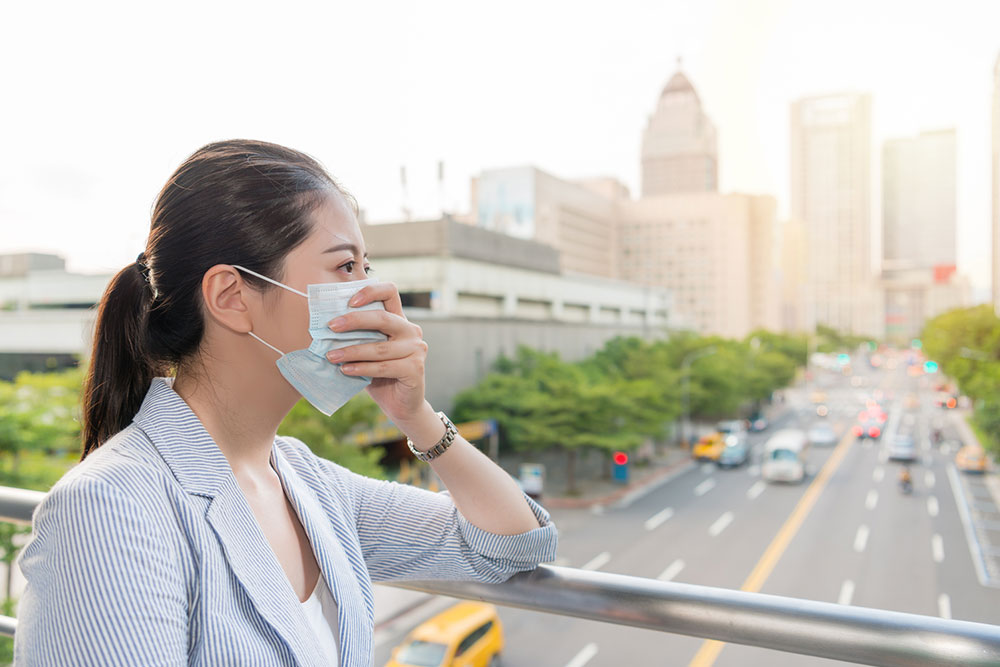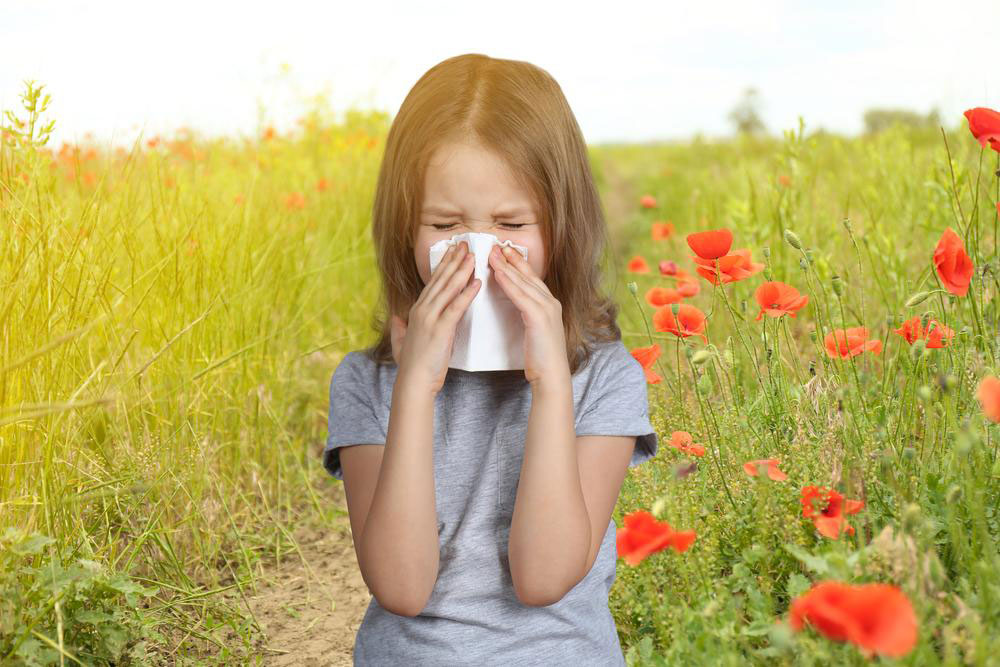Understanding Allergies: Types, Symptoms, and Management Strategies
This comprehensive guide explains various allergy types, their symptoms, and effective management strategies. It covers food, drug, pet, contact, mold, and seasonal allergies, emphasizing prevention and treatment options such as avoiding triggers, medications, and allergy shots. Understanding these allergies helps individuals mitigate symptoms and improve quality of life.
Sponsored

An allergy develops when the immune system overreacts to foreign substances, causing various reactions. These responses can range from minor skin irritations to life-threatening conditions like anaphylactic shock, which impairs breathing. Identifying the specific allergy type is crucial to choosing effective treatment options that help restore health.
Food allergies Although common in children, food allergies can also affect adults unexpectedly, even with foods previously tolerated. Key triggers include eggs, soy, milk, wheat, nuts, seafood, sesame, and mustard seeds. Symptoms range from swelling and breathing issues to severe reactions like shock. Avoidance of allergenic foods and carrying emergency medication such as an EpiPen are vital.
Medication allergies Drug hypersensitivity can occur with antibiotics, anticonvulsants, NSAIDs, and chemotherapy drugs. Symptoms may include rashes, swelling, breathing difficulties, and in severe cases, anaphylaxis. Preventative measures include informing your doctor of known allergies and avoiding trigger medications.
Pet allergies Contact with pet dander, fur, or saliva may cause itchy eyes, nasal congestion, coughing, and breathing issues. Limiting exposure, regular pet baths, and using HEPA filters, along with allergy medications and shots, can help manage symptoms.
Contact dermatitis Reactions to metals, fragrances, or certain plants result in skin redness, blisters, and rashes. Avoiding triggers, washing affected areas, and using soothing lotions can alleviate discomfort. Persistent cases should prompt a visit to a healthcare provider.
Mold exposure Found in moist environments like bathrooms and basements, mold can cause respiratory problems such as congestion and irritation. Proper cleaning, ventilation, and avoiding damp areas are effective preventive measures. Medications like antihistamines may also provide relief.
Seasonal allergies Pollen from trees, grasses, and weeds like ragweed can cause allergy symptoms from early spring through fall. Keeping windows closed, wearing masks, showering after outdoor activities, and taking allergy medications are recommended. Latex allergies and allergic asthma related to environmental triggers also require specific treatments, including antihistamines, inhalers, and emergency epinephrine in severe cases.






